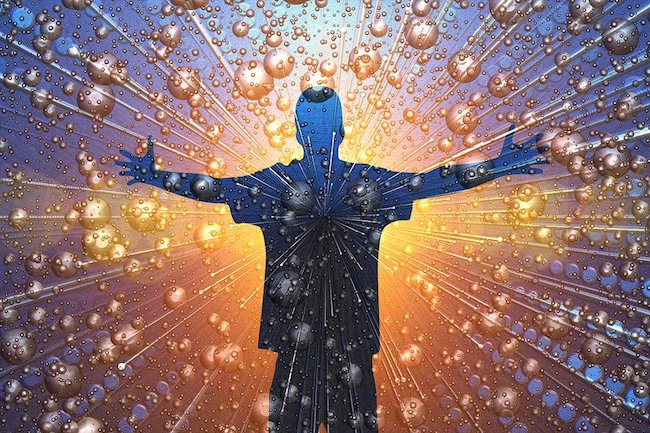Smart Cities & the End of the Era of Man by Joaquin Flores for Strategic-Culture
Changes in the productive forces such as any sort of 4th Industrial Revolution must come with vigorous public debate and referendums on planning for a post labor economy, Joaquin Flores writes.
The world and its affairs have been turned upside down, and overnight the elite’s game plan was laid out bare for the world to see: the use of new coercive technologies, AI, automation, and transhumanism.
The public has experienced the roll-out of the new normal regime through a series of sudden changes such as lockdowns and requirements for new kinds of current medical documentation in order to preserve the right of travel and work.
With the ‘new normal’, the ‘great reset’, or ‘building back better’, are we fair in asking if this is their last, best, and final? It is certainly strange that Klaus Schwab, a man who presents so poorly and provokes such suspicion among the audience, would have been rolled out as best spokesman for this endeavor.
When smart cities entered the popular debate, it was clear that technical colleges and universities were being actively propagandized by vectors representing this agenda. These can be understood as a type of large-scale housing project for a post-labor economy that uses control over access to electrical power and proximity to delivery drones as its model.
The outlines of a new social contract such as Klaus Schwab’s; that an academic may have penned such a thing or that society might be discussing it, is normal and even important. But that his ideas are being rolled out as the new reality we must accept, is most surely an affront to civil society and human dignity. It is an attack on pluralism and constitutional systems around the world.
Yet a part of this agenda involves what is arguably the end of humanity as we have known it, perhaps the end of mankind itself if defined a certain way. We are naturally being assured that this is yet the beginning of a new kind of man.
All of this has the frightening look and feel of a ruling class that has just jumped from one way of doing things over to some grand new singular idea.
The particular publicly promoted culture of the elite, of the ruling class, necessarily bears the marks of social ‘good’ and social ‘permissibility’, because this whole public display is for popular consumption and has been selected just for that reason. As we have developed in past works, they merely use this discursive framework because it disarms the public. In developing on describing the aspirations and modus operandi of technocracy in rising, Alastair Crooke explains in Is the Era Finally Coming to an End?
“We are dealing here with the ideology of an aspirant ruling class that aims to hoard wealth and position, whilst flaunting its immaculate progressive and globalist credentials. Intractable culture wars, and an epistemic crisis, in which key factual and scientific questions have been politicised, is essentially nothing more than a bid to retain power, by those who stand at the apex of this ‘Creative Class’ – a tight circle of hugely wealthy oligarchs.
Even so, schools are pressured to teach a single version of history, private corporations sack employees for deviant opinions, and cultural institutions act as guardians of orthodoxy. The prototype for these practices is the U.S., which still proclaims its singular history and divisions as the source of emulation for every contemporary society.”
For much of the 20th century the institutions implored us to believe that socially directed labor does not fundamentally produce the origin of value, only later to find that at the end of that era only this truth could explain the crisis that AI and automation bring.
Because Robots do not Eat or Own Things
So much of the economy is simply people washing each other’s clothes. The rise of automation and AI makes some great number of humanity, greater than some 9/10th’s of the population, entirely redundant in terms of labor force.




